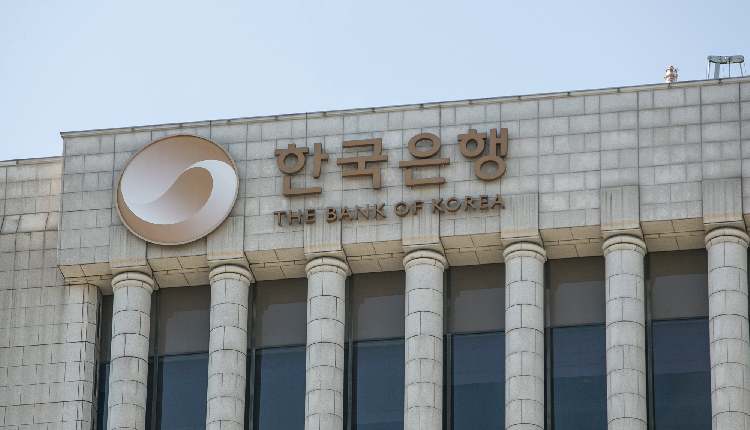Bank of Korea (BOK) maintained its interest rates at a 15-year peak on Thursday, adopting a balanced stance on policy while emphasising concerns about inflationary pressures following a robust economic expansion, Reuters reported.
Governor Rhee Chang-yong affirmed that the Bank of Korea intends to uphold its restrictive policy for the time being, keeping the benchmark rate at 3.50 per cent. This decision was made in light of persistent inflation and the unexpectedly strong growth experienced in the first quarter.
Addressing reporters after the unanimous decision to hold rates steady, Rhee noted the growing uncertainty surrounding expectations for rate cuts in the latter half of the year. Despite the brisk economic growth, Rhee emphasised the need to normalise rates cautiously, contingent upon inflation stabilising at the targeted level.
The Bank of Korea revised its growth forecast for the year upwards to 2.5 per cent from 2.1 per cent, reflecting the economy’s robust performance in the first quarter, its fastest pace in two years. However, the bank maintained its February inflation projection for the year at 2.6 per cent, indicating that the impact of stronger growth was not significant enough to alter the forecast.
Market reaction was positive, with three-year treasury bond futures beginning to rise following the Bank of Korea’s decision to maintain its inflation forecast. South Korea initiated its tightening cycle earlier than many other countries, raising policy rates by a cumulative 300 basis points to reach the current 3.50 per cent.
The central bank, like its global counterparts, is closely monitoring discussions regarding the timing of potential interest rate adjustments by the US Federal Reserve.
Any easing of rates in the US could impact the South Korean won and alter inflation dynamics.
Although April’s headline inflation data indicated a slight moderation to 2.9 per cent, it remains above the Bank of Korea’s target rate of 2 per cent.


